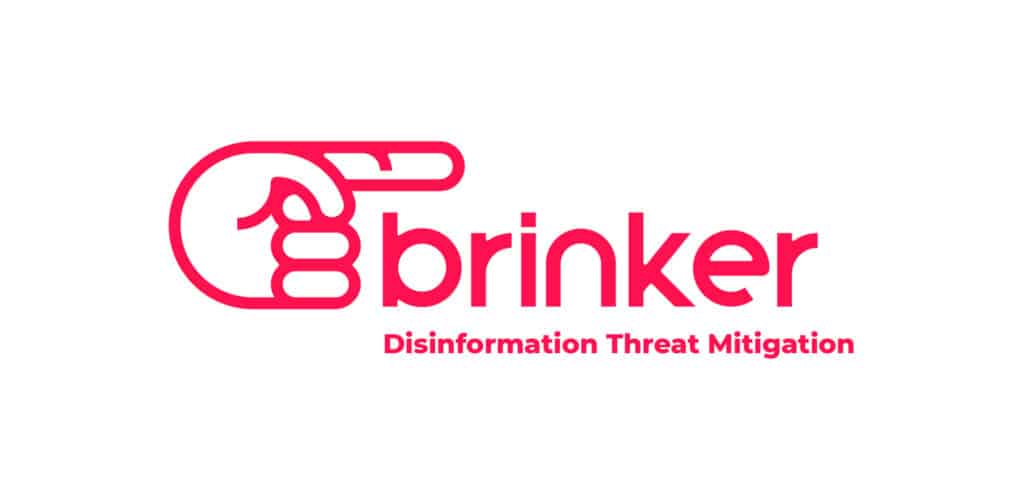With another busy week behind us in the security world, we sat down with Zach Lanier, a senior security researcher for mobile authentication specialist Duo Security. Zach is a recognized authority on the security of mobile devices, and was able to talk about some ongoing research he’s doing on Blackberry’s BB10 operating system. Zach told us that Blackberry 10, the latest version of Blackberry’s mobile operating system, is a big improvement over previous versions, including the TabletOS that Blackberry (formerly Research in Motion) used for its PlayBook – the company’s first foray into the tablet space. But Lanier and fixed many of the information leaks that he and others found in TabletOS and reported to the company. “But there are still lots of questions we’re looking to answer,” Lanier said. Among other things, Lanier is examining whether Blackberry 10’s support for so many different runtimes might pose security problems for […]
Tag: password
US CERT Warns About Point-of-Sale Malware
With news of the breach of big-box retailer Target Inc. still in the headlines, the U.S. Computer Emergency Readiness Team (CERT) issued a warning about the danger posed by malicious software targeting Point of Sale (POS) systems. CERT issued an advisory (TA14-002A) on Thursday asking POS owners to take steps to secure the devices, and telling consumers to beware. The warning comes after a string of reports that suggest that malware attacking point of sale systems is on the rise. In December, researchers from Arbor Networks said they had detected an “active PoS compromise campaign” to steal credit and debit card data that used the Dexter and Project Hook malware. Dexter is a Windows-based program that was first discovered in December, 2012 by Seculert, an Israeli security firm. It is still not known whether malware played a part in the huge theft of credit card data from Target Inc. That […]
Prediction: Rough Road Ahead in 2014 For Security and Internet of Things
With the New Year fast approaching, it’s (unofficially) ‘prediction season,’ when everyone worth their salt stares into the crystal ball and tries to imagine what the world will look like 12 months hence. To sort through our 2014 predictions, we called on Mark Stanislav, the chief Security Evangelist at Duo Security. Mark is a seasoned security researcher who has taken an interest in the security of the Internet of Things. Earlier this year, we wrote about research Mark did on the IZON Camera, an IP-enabled home surveillance camera that is sold by big-box retail stores like Best Buy, as well as by the Apple Store. Beneath the IZON’s polished exterior, the IZON was a mess of sloppy coding and poor security implementation, Stanislav discovered. Like many IoT devices, IZON cameras punted security to those responsible for the wireless network that it was deployed on – essentially trusting any connection from […]
Obama Administration: Speak Up On Trusted ID Plans!
The Obama Administration is throwing its weight behind two federal efforts to increase the use of so-called “trusted identities” online as a way to combat consumer fraud and threats to critical infrastructure. Writing on the White House blog on Monday, Michael Daniel, the Obama Administration’s cyber security coordinator said that the current system for managing online identities (user IDs and passwords) is “hopelessly broken,” and that the stakes are getting ever higher for breaches. “While today it might be a social media website, tomorrow it could be your bank, health services providers, or even public utilities,” he wrote. Daniel said two federal initiatives aim to tip the scales in the direction of stronger and more secure online identities, but that more public engagement is needed to ensure that what is produced by those projects gets adopted. Specifically: Daniel highlighted two NIST-led efforts: the National Strategy for Trusted Identities in Cyberspace (NSTIC), […]
Two Million Passwords Stolen From Facebook, Twitter, ADP
The passwords to access more than two million online accounts have been recovered from a server that is part of the command and control network for the Pony botnet, a large and active network of infected computers, according to a blog post from the security firm Trustwave. The company said that it found a cache of approximately two million compromised accounts, most from popular online services such as Facebook, Yahoo, Google and Twitter. More concerning: the cache also contained tens of thousands of credentials for FTP (File Transfer Protocol) servers, remote desktop and secure shell (SSH) accounts, and a site belonging to ADP, the payments processing firm. Facebook accounts made up the lion’s share of the haul, with 318,121 user credentials discovered – 57% of the total. Yahoo was the next biggest victim, with 59,549, almost 11% of the total. Leading Russian social networking sites vk.com and odnoklassniki.ru were also in […]






